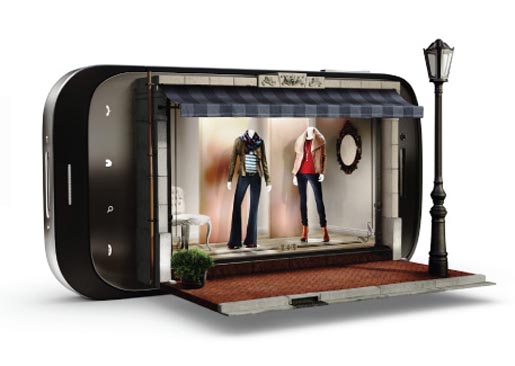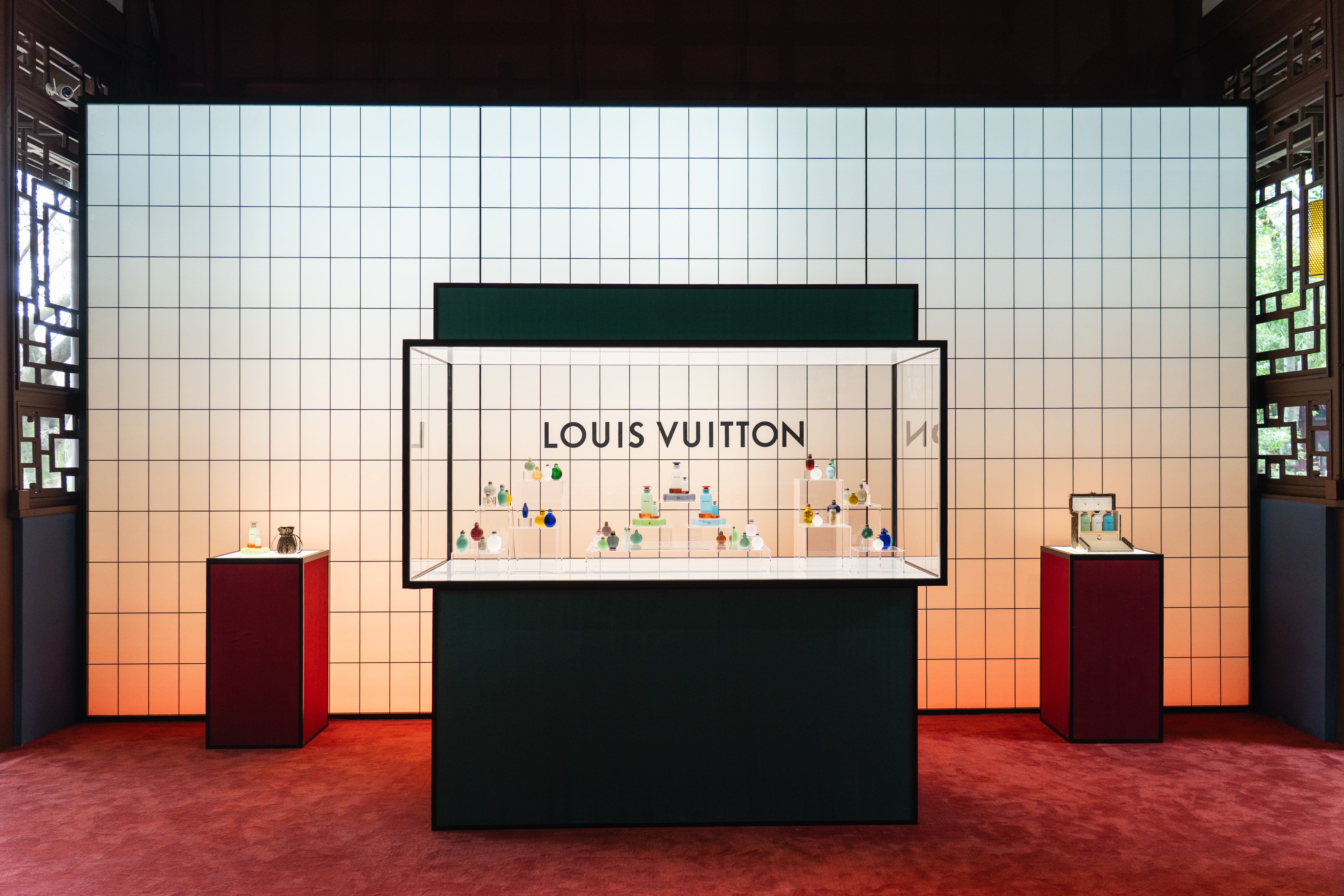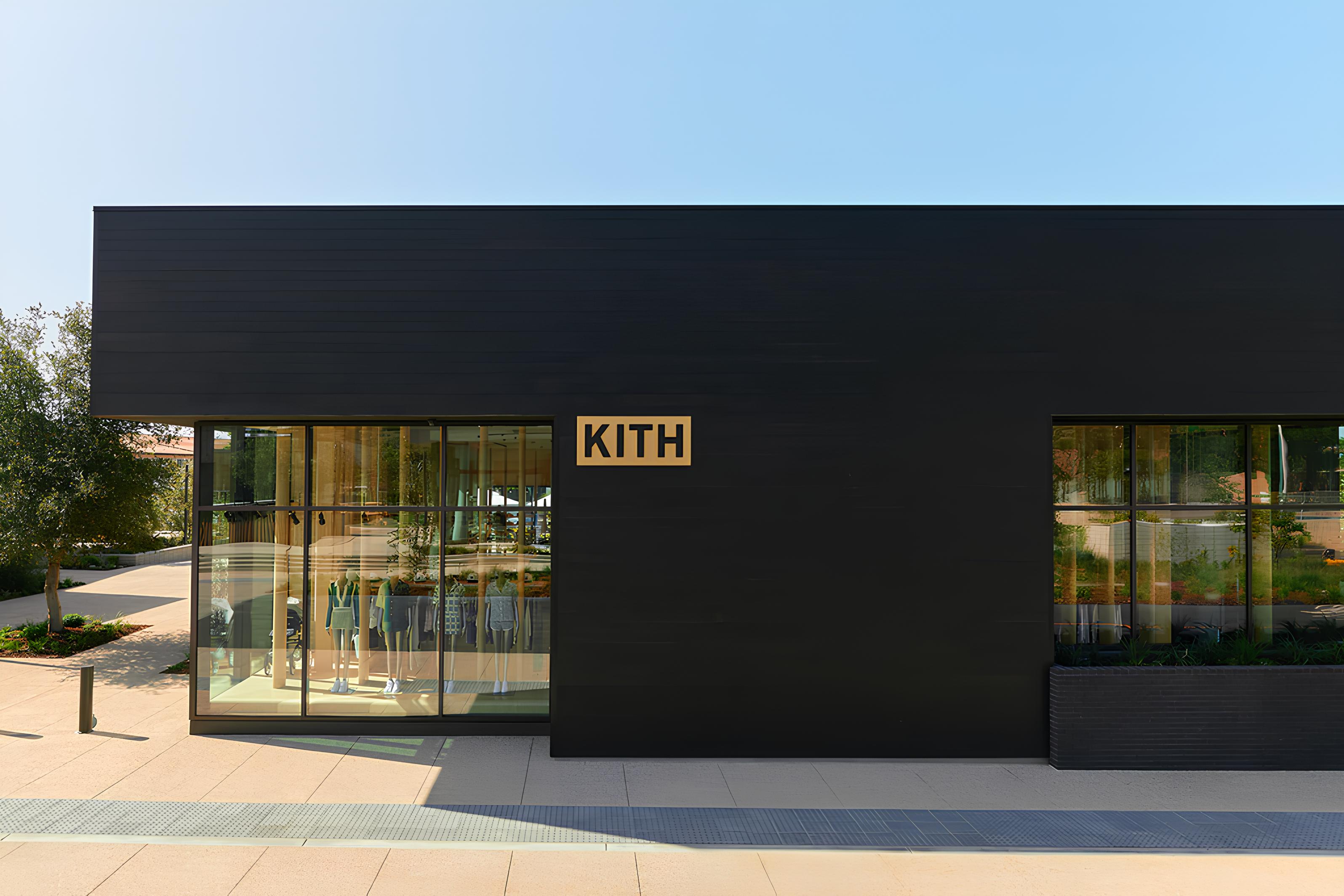Last month, at Luxury Society’s Shanghai Keynote event, Nicolas Zurstrassen – e-commerce expert and former director of Chinese e-giant Baozun – lit up the stage with his insights on best practice e-commerce for luxury brands. Here – he provides some more food for thought on the subject.

Last month, at Luxury Society’s Shanghai Keynote event, Nicolas Zurstrassen – e-commerce expert and former director of Chinese e-giant Baozun – lit up the stage with his insights on best practice e-commerce for luxury brands. Here – he provides some more food for thought on the subject.
Last month, at Luxury Society’s Shanghai Keynote event, Nicolas Zurstrassen – e-commerce expert and former director of Chinese e-giant Baozun – lit up the stage with his insights on best practice e-commerce for luxury brands. Here – he provides some more food for thought on the subject.
A common refrain across the luxury world is that “We don’t do digital because it isn’t a luxury environment”. This then doubles down into “Well our clients won’t buy online therefore we don’t need to prioritise e-commerce”.
And there you get the catch-22. Products aren’t available, because brands won’t make them available, therefore consumers can’t buy the products, means that there are no customers, therefore brands don’t go online.
“ Currently, they’re forecasting e-commerce to be 16% of retail spend by 2018 ”
Yet consumers will buy everything else online. In China, they purchase cars, insurance, fast fashion, groceries and yes, also lots of luxury (at a discount obviously). Currently, they’re forecasting e-commerce to be 16% of retail spend by 2018. And globally, though the number lags, it’s still expanding exponentially.
Why should this consumer want a different channel only when it comes to luxury?
The fundamental problem is that luxury retailers have refused to define what the online retail experience should be. Instead the e-commerce retail experience is defined by Jeff Bezos, a programmer and banker.
“ Amazon has determined the framework that every other e-commerce store has followed ”
Amazon has determined the framework that every other e-commerce store has followed. Ease of purchase through one click buy. Limited photography and product experience. Absolutely no service.
When brands approach e-commerce this basic framework still dominates.
Is it little wonder then that what it has become is essential an online factory store. No retail magic, no service and a constant focus on price.

If offline retail stores were defined and run by the operations team then this is probably what they would deliver.
Consumers want price > check
Consumers want broad choice > check
Branding and service is too expensive > delete
Offline no sane retailer would allow their operations team to determine the customer experience in store. Rather hundreds of hours and millions of dollars are poured into elevating the brand experience. It’s a little art. It’s a little science. It’s a lot of magic.
Why not take this magic and try to apply it online? Because that’s where the consumer is.
Brands could do well to look at what they consider their arch nemesis to learn about the future of e-commerce. Because Alibaba, and the retailers it enables, have a lot to teach brands about selling online.
To further investigate the changing luxury landscape and select industry expert opinions on Luxury Society, we invite you to explore the related materials as follows:
– 2016 Luxury Industry Predictions From The Experts
– Is The Definition Of Luxury Changing?
– The Issue With Ethics, Fashion & Luxury










